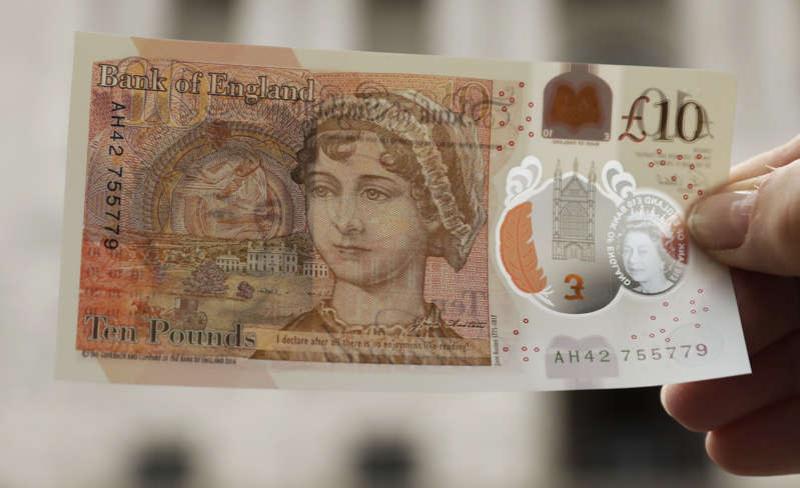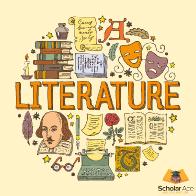Jane Austen's love for tea will face 'historical interrogation' over links to slavery
By: Kaelan Deese

Jane Austen's love for tea will face 'historical interrogation' over links to slavery
Jane Austen's love for drinking tea will face "historical interrogation" over its slavery links, according to the director of a museum dedicated to the author.

© Provided by Washington Examiner
Austen's cottage, a well-known relic to the town of Chawton, England , where she wrote Emma and Mansfield Park before she died in 1817, was converted from a home to a museum in 1949, where thousands of visitors come each year. The museum staff is now evaluating the author's love of tea, which may stem from connections in her family with links to slavery, a museum director told the Washington Examiner .
“The slave trade and the consequences of Regency era Colonialism touched every family of means during the period, and Jane Austen’s family were no exception," Lizzie Dunford, director of Jane Austen's House Museum, said.
The author of Pride and Prejudice reportedly had links to slavery through her father Rev. George Austen, who was once a trustee of an Antigua sugar plantation. Displays are slated to be developed on museum property to offer more background on her family's past.
"As purchasers of tea, sugar and cotton they were consumers of the products of the trade and did also have closer links via family and friends," Dunford said.
From taking sugar in her tea to wearing cotton clothing, the museum will seek to showcase how Austen and her family were linked to products of the empire and slave trade.
"This is just the start of a steady and considered process of historical interrogation which will see the museum working directly with different audiences and voices to share the stories and context of Austen’s work and family life," Dunford said, adding one key seasonal display centers on the 1814 novel Mansfield Park, which is an "overtly abolitionist work."
One exhibit panel, called "Black Lives Matter to Austen," will dive deep into how the writer held abolitionist views and how these sympathies and her father’s Antigua links influenced the 1814 novel, published just three years before her death.






Jane put sugar in her tea? Well, damnation, ban all her novels. /s
Austen opposed the slave trade, if one reads her books deeply.
Yes, she had "abolitionist views", as the article pointed out. .